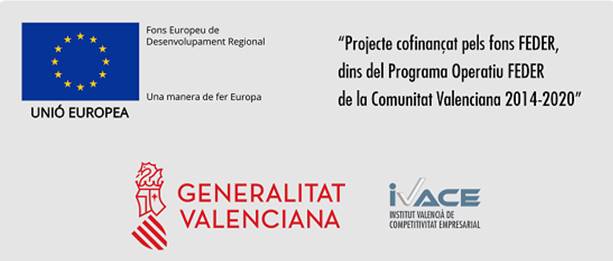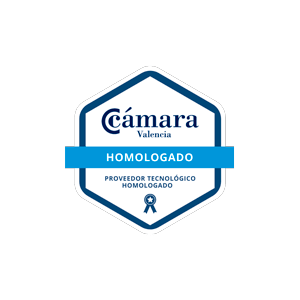Google has always been characterized by continuous evolution. From its algorithms and tools -the last change from Google AdWords to Google Ads, new operative versions and interfaces, etc.-, up to its policies and regulations.
The last big significant change comes from the Protection of Brand in Google Ads, which will no longer be valid soon.
Following the example of countries such as Australia, Canada, the United States, the United Kingdom, Ireland and New Zealand, Google has announced the application of this new regulation not only in Spain, but also in countries such as Japan, Germany, France or Portugal.
Although it does not yet have a specific date, this change affects the results of brand Google Ads campaigns differently depending on each sector.
What was Google Brand Protection?
Having your brand protected in Google Ads meant having a series of privileges. Only the brand owner could use this in the text of the search ads. However, anyone could use it in the ad’s Visible URL or as a search keyword.
The fact of being able to include the keyword in the ad text allowed advertisers who had their brand protected to obtain a quality high level in their ads, which translated into a reduced CPC and a higher CTR.
How does this change affect my business?
The sectors that have benefited from this change are the accounts with distribution companies or brand suppliers, which can now make campaigns without these being limited by brand protection.
Such is the case of perfumeries, multi-brand clothing stores, supermarkets or department stores. As we can see in the example, this type of ads is already allowed in some sectors but, internally, Google usually limits its scope under the premise of “Limited due it contains trademarks in the text of the ad.”
The great victims have been the hotels and tourist accommodations because after the implementation of this new regulation online travel agencies and search engines like Booking or Trivago may bid for these keywords and include them without problems in their ads, if they comply perfectly with the features of the dealer or reseller contemplated in the Google policy.
Unfortunately, this means for the hotel chains an increase in the CPC and a CTR reduction as well as an increase in advertising spending.
What should I do about it?
Despite this news, it is recommended that online businesses that have not yet done so apply for Google Brand Protection, since the exact date of implementation of this new regulation is unknown.
To apply for trademark protection, you must make a manual request to Google and show that that advertiser is the owner of that trademark through a name / trademark registration. Subsequently, and after reviewing it, Google grants this protection if all the requirements are actually met and it can be demonstrated that the competition uses our brand in the text of the advertisements.
On the other hand, we must continue investing in Google Ads campaigns with the name of the brand, because, although the profitability of the campaigns is affected, these will continue to be very beneficial both at the level of direct sales and branding.




